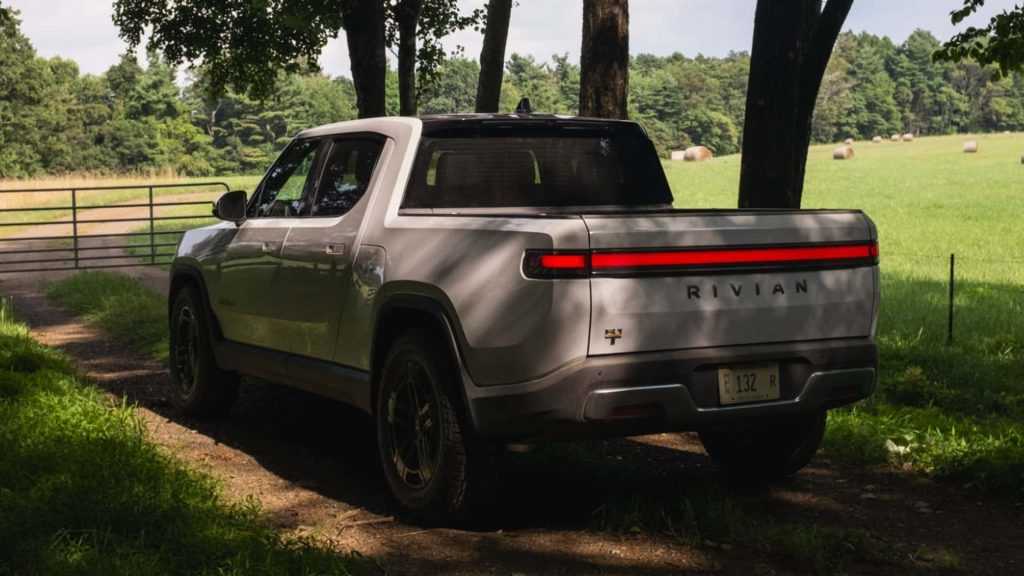Rivian, the electric vehicle (EV) manufacturer, has recently notified its customers that free charging on its Rivian Adventure Network (RAN) will soon be a thing of the past. Starting in early November, all RAN charging points will no longer be free, and billing will be initiated. Although specific price details are yet to be disclosed, Rivian assures that the user experience will remain unchanged, with charges automatically billed to Rivian accounts, much like Tesla’s Supercharging network.
The changes will be incorporated in early November
The timing of this announcement seems to highlight a larger story: Rivian’s struggle to keep pace with its ambitious promises. When RAN was announced in 2021, Rivian promised that by the end of 2023, it would host over 3,500 individual fast-charging stalls and more than 600 sites in the U.S. and Canada. As of now, the actual number of DC fast charging sites is approximately 60, exclusively in the U.S.

So, what does the end of free charging signify? For one, it could be an indicator that Rivian is adjusting its business model to generate revenue from its infrastructure, perhaps as a way to speed up the expansion of RAN. With free charging, the incentive for Rivian to invest in its network may have been diminished. Charging fees could serve as a new income stream that helps Rivian fulfill its original promises.
This move also aligns Rivian more closely with the broader EV market. It was previously announced that Rivian would eventually open up its RAN to other brands, offering special rates for Rivian vehicle owners. The implementation of fees may be a precursor to this planned diversification.
While Rivian’s charging network may still be in its nascent stage, the end of free charging could be a strategic adjustment, perhaps even a necessary one, to keep pace with the fast-moving EV market. Rivian appears to be setting the groundwork for long-term sustainability, but only time will tell if this change will help the company reach its lofty goals.
Interestingly, Rivian is also shifting to a new charging standard in 2025, adopting Tesla-developed North American Charging Standard (NACS) plugs. This could signal a broader strategy of compatibility and market entry, as Rivian looks ahead to a hopefully promising future.
RELATED:
- The Hidden Costs of Rivian’s Record-Breaking Quarter with over 15,000 Deliveries
- Rivian is Expanding its EV Charging Network in Europe
- Best Smart Scales of 2023: Fitbit, Garmin, Eufy & More
(Via)







